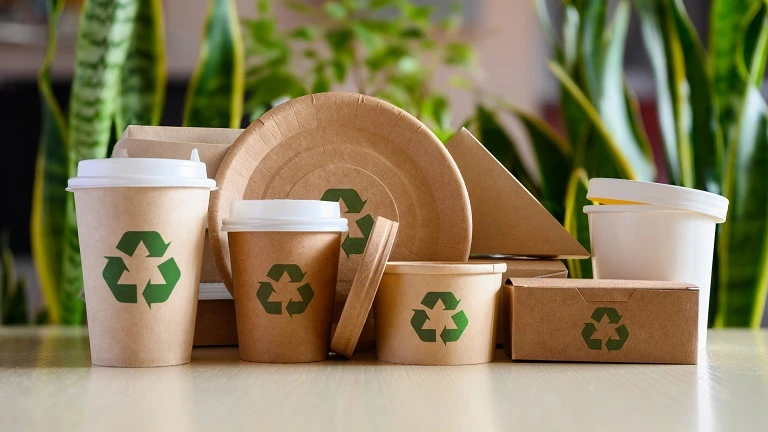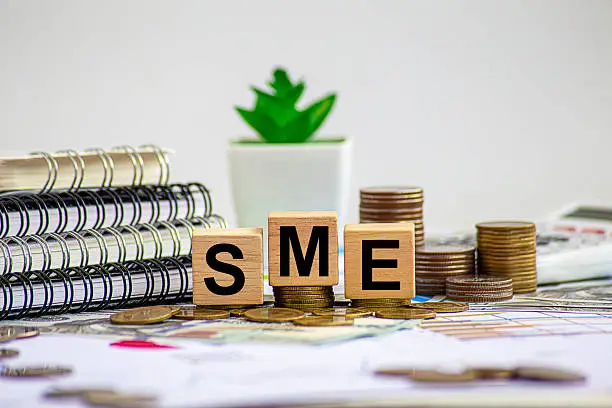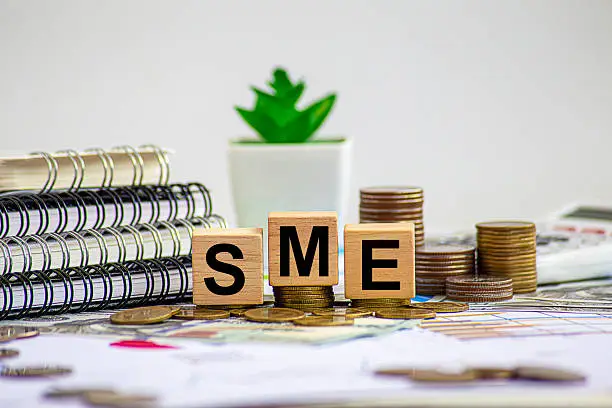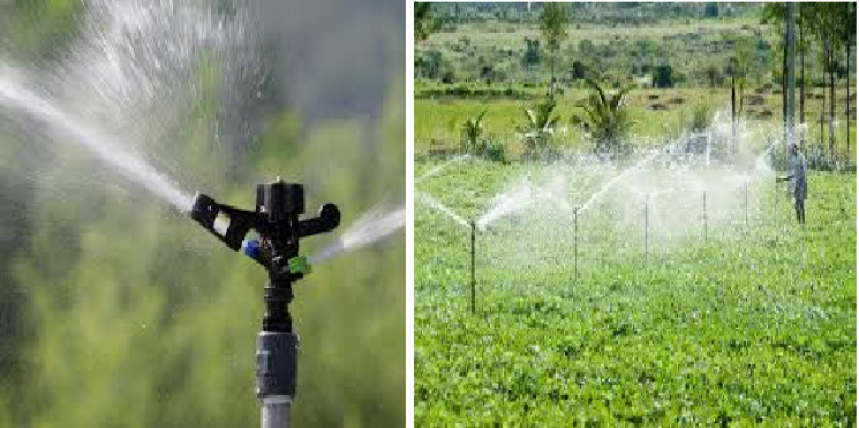Eco-friendly packaging ideas to grow your small business and win customers

In recent years, sustainability has become a key driver of customer loyalty and purchasing decisions. Modern consumers are increasingly aware of the environmental impact of the products they buy , including how those products are packaged. For small businesses, adopting sustainable packaging is no longer just a nice-to-have feature but a way to stand out, attract eco-conscious customers and align with global efforts to reduce waste.
But where should a small business start? Let’s explore the top sustainable packaging trends for 2025 and how small businesses can use them to their advantage without hurting profitability.
Minimalist Packaging
The phrase “less is more” has never been truer. Minimalist packaging focuses on reducing excess materials and creating simple, functional designs. This approach not only saves costs but also reduces waste.
For small businesses, this could mean using plain kraft paper boxes, simple branded stickers instead of elaborate plastic wrapping, or reducing the size of packages to fit the product more closely. Customers appreciate packaging that is easy to recycle, takes up less space and avoids unnecessary clutter.
Recyclable and compostable materials
One of the biggest shifts in packaging is the move toward recyclable and compostable materials. Cardboard, paper, glass and some plant-based plastics are increasingly being used to replace non-recyclable materials like styrofoam and single-use plastics.
For example:
- Replace plastic poly mailers with recyclable paper mailers.
- Use corrugated cardboard that customers can easily recycle at home.
- Choose compostable packing peanuts or shredded paper for filling void spaces in packages.
While these materials might cost slightly more upfront, they communicate your brand’s commitment to sustainability and can encourage repeat purchases from eco-conscious consumers.
Reusable Packaging
Another growing trend is packaging designed to be reused rather than thrown away. Some businesses now offer tote bags, glass jars or cloth pouches that customers can use again. This not only reduces waste but also turns your packaging into a marketing tool,every time the customer reuses it, they are reminded of your brand.
Small businesses can encourage reusability by offering incentives, like discounts for customers who return jars or bring back bags for refills.
Plant-Based and biodegradable alternatives
Innovations in biodegradable packaging have made it easier for small businesses to adopt eco-friendly solutions. Packaging made from cornstarch, sugarcane, bamboo and seaweed are becoming more widely available. These materials break down naturally, reducing the amount of waste that ends up in landfills.
For instance, cornstarch packaging can replace plastic cutlery or takeaway containers for food businesses, while bamboo-based materials are great for personal care product packaging.
Smart and digital packaging
Sustainable packaging isn’t just about materials, it’s also about efficiency. Many small businesses are adopting smart packaging strategies that reduce the need for printed manuals, receipts or marketing inserts.
Instead of printing instructions or promotional flyers, you can include a QR code on your packaging that links to a webpage, video tutorial or digital thank-you card. This saves paper, reduces costs and creates a more interactive customer experience.
Local and Ethical Sourcing
Sustainable packaging isn’t just about what it’s made of , it’s also about where it comes from. Sourcing packaging materials locally reduces transportation emissions and supports your local economy. Additionally, working with suppliers that follow ethical and sustainable practices ensures your business stays true to its values.
Customer education and transparency
One of the most overlooked aspects of sustainable packaging is educating your customers on how to dispose of it. Include clear labeling that indicates whether the packaging is recyclable, compostable or reusable. When customers know what to do with the packaging, they’re more likely to dispose of it responsibly.
Benefits of adopting sustainable packaging
Switching to sustainable packaging can have significant benefits for small businesses, including:
- Improved Brand Image: Eco-friendly businesses attract loyal customers who value sustainability.
- Compliance with Future Regulations: Many countries are phasing out single-use plastics ,switching early keeps you ahead of the curve.
- Cost Efficiency: While the initial investment may be higher, minimalist and efficient packaging can reduce material and shipping costs over time.
Sustainable packaging is no longer just a trend but the future of business.
For small businesses, adopting eco-friendly solutions doesn’t have to be expensive or complicated. By using minimalist designs, recyclable and reusable materials and educating customers, you can create packaging that is both functional and environmentally responsible.
In a market where consumers are actively choosing brands that align with their values, making the switch to sustainable packaging can give your business a competitive edge and help make the planet a better place.











